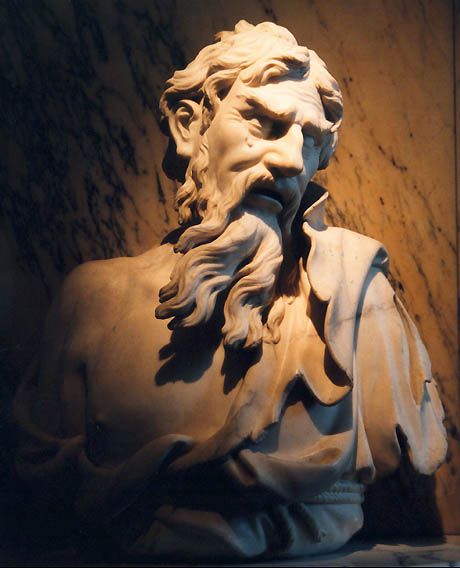
One of the solutions to the problem postulated by
Parmenides of Elea, was the hypothesis of Democritus of Abdera: matter is made up from atoms.
There was no real evidence for this idea (which was not completely new), but it explained why change was possible.
The atoms were always moving and clustering in various, temporary combinations.
Therefore, things seemed to change, but 'not being' never
changed into 'being'. (It was assumed that 'not being' was a vacuum, which means that it is in fact not a 'not being' because a vacuum exists in four dimensions.)
The consequence of this idea is that we are allowed to
use our senses, although Democritus warns us to be careful.









